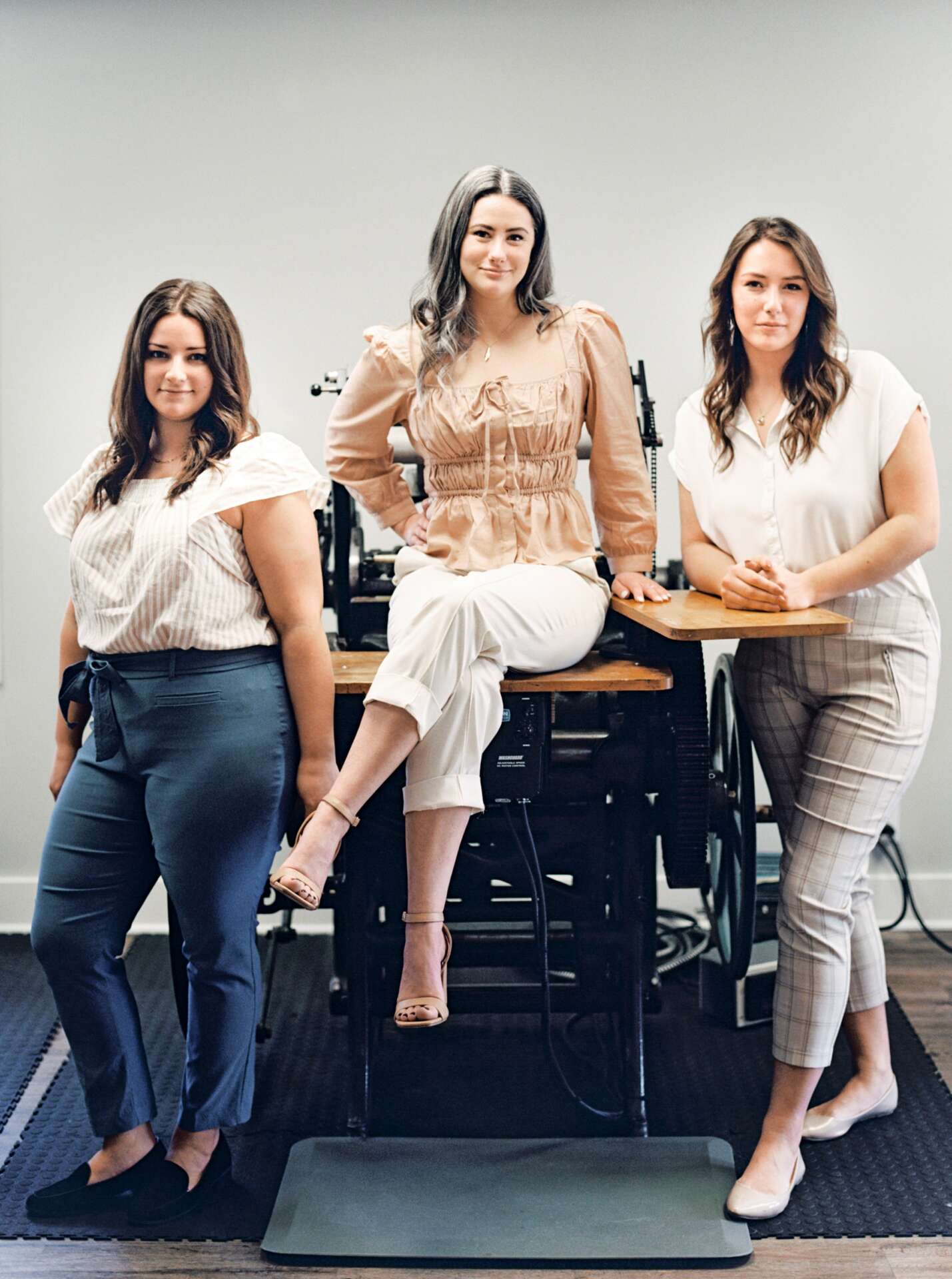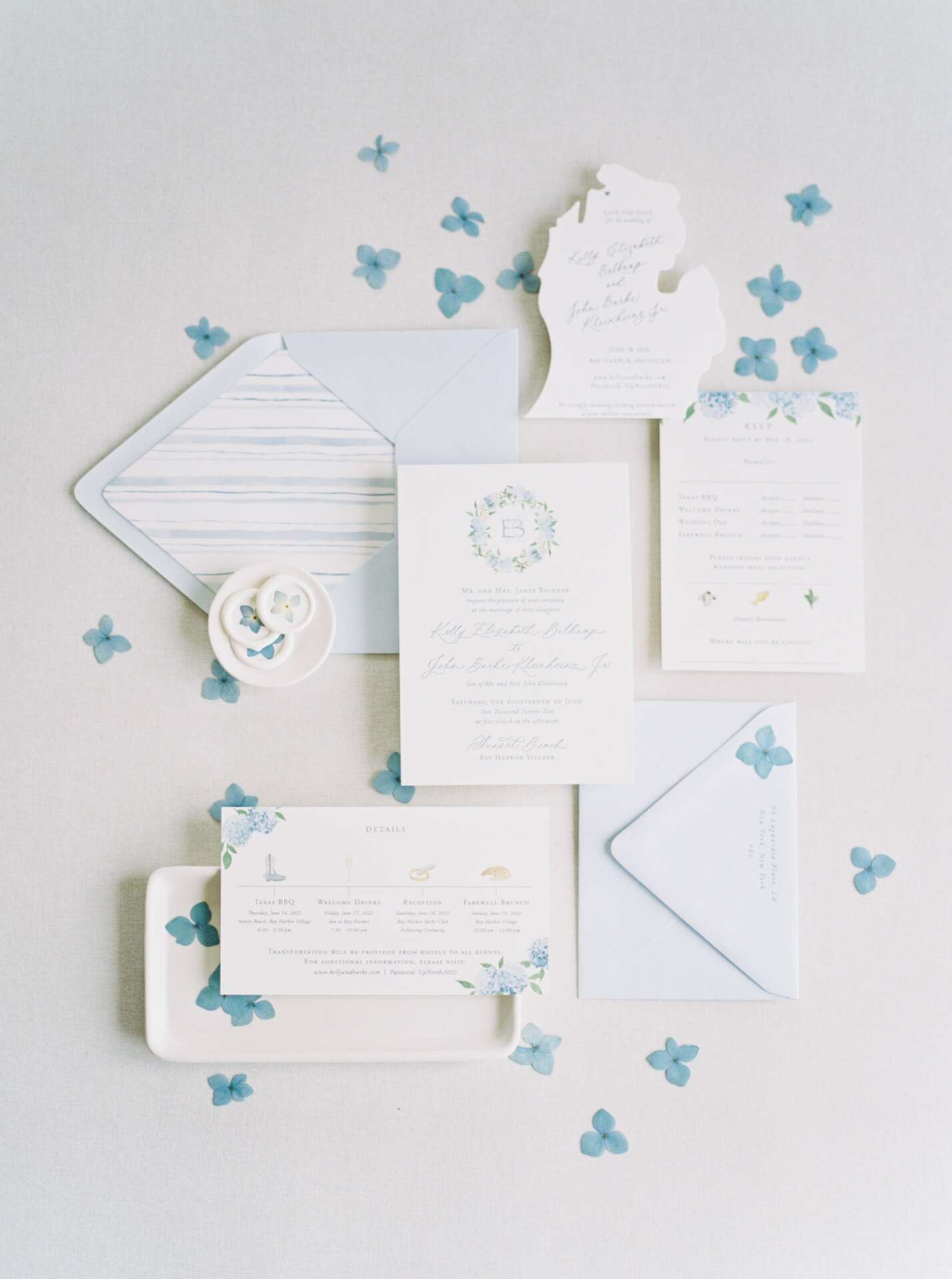We were lucky to catch up with Ciarra Claire Rouwhorst recently and have shared our conversation below.
Hi Ciarra Claire, thanks for joining us today. Let’s start with inspirations and heroes. Are there any historical figures you look up to?
I have been a lover of classic literature ever since I first stumbled upon aged leather spines and yellowed pages. They were my great grandfather’s books and they were beautiful. My father had an unassuming collection of these treasures that I would spend hours exploring from the time I was about 13. From Shakespeare to Poe to Longfellow, I loved it all.
I am still very inspired by these writers. In fact, I recently learned more about a favorite, John Keats, said to have had the most remarkable career sof any British poet. This, although he died at the age of 25. An age at which many of his contemporaries would have only begun their literary pursuits. What I learned changed my perspective, appreciation and inspiration for my own work. And I hope it impacts others as well.
John Keats did not feel like one of the great poets of his day. Worse yet, he was never treated like one. He had no literary education. He came from an unknown family. He had many disadvantages and hardships throughout his adolescence. And yet, he did not let these things limit his potential or ambition. I find this inspiring for anyone who feels like they don’t have the leg up that others do. That they need to try twice as hard, yet receive half the rewards as their peers.
Keats did not have a formal literary education. Rather he took it upon himself to read the masters and learn from the greats that came before him. Perhaps this made his work even better. He did not read the classics as a child, like others would have done at the elite schools of his day. Rather he would read them from the first time, as an impressionable teenager. Being better able to comprehend and analyze their depth. Did he need to work hard to catch up to his peers? Absolutely. But I am sure he would say that it was worth every effort.
Despite all of his work and brilliance, he was actually looked down on by critics and writers of his day. He was an apothecary, not a “gentleman.” He was derided for his upbringing, his accent and his desire to rise to a class in which he did not naturally belong. In one review of his early work he was called an “ignorant, unsettled pretender” and an “uneducated and flimsy stripling…without logic enough to analyze a single idea, or imagination enough to form one original image.”
Those words must have been painful. Worse yet, they were written upon the publication of his first epic poem. But he would not let this stop him from becoming one of the greatest English poems of his time. He didn’t let anything stop him. What if he had? What if he had never sought what he desired because he felt that he was undeserving. What if he valued himself as others did? I can also ask, what if we don’t give up. What if we work for our goals, despite what anyone else thinks. The only way to know is to try.



As always, we appreciate you sharing your insights and we’ve got a few more questions for you, but before we get to all of that can you take a minute to introduce yourself and give our readers some of your back background and context?
I am a self taught calligrapher, illustrator, writer and letterpress printer. I began learning calligraphy in the summer of 2015. I began working as a wedding calligrapher and eventually a wedding stationery designer. I now have a studio in Petoskey, Michigan where I create luxury letterpress stationery for destination weddings.
My studio, in an old train station, is home to my three antique printing presses. Each press is about 100 years old and still prints beautifully. In addition to luxury wedding invitations I also design greeting cards, art prints and more. My work is inspired by classic literature and the beauty of Northern Michigan. My goal is to create work that makes people feel seen, loved and inspired.
My most recent work is directly inspired by the Victorian language of flowers. A coded language in which every flower had a hidden meaning. My “specimens” explore the deeper meaning that can be found by combining a few flowers into a “bouquet”. Each specimen is explored through a watercolor floral painting and an original poem. Then, of course, printed by hand on antique printing presses.



We’d really appreciate if you could talk to us about how you figured out the manufacturing process.
Yes! My husband and I took a letterpress class about 4 years ago in Traverse City, Michigan. It took me about a year of looking at Facebook market place and Craig’s List to find my first press. It took me about a year to find two more. It is a privilege and responsibility to work with the antique machines. There is continual trouble shooting and maintenance. But it is well worth the effort.



Any advice for managing a team?
Humility. Integrity. Communication. I have one subcontractor and two employees. It is a small but mighty team. We work well together, we laugh, we have fun, and we work really hard. I think the best thing you can do for your team is to treat them like you would want to treat them. Never make them feel that their time, ideas or goals are less important than yours. Run your business with integrity. And foster open and frequent communication. I firmly believe that these are the building block to building a strong company and culture.
Contact Info:
- Website: www.ciarraclaire.com
- Instagram: @ciarraclaire
- Facebook: www.facebook.com/ciarraclaire
Image Credits
Shanell Photography LLC


